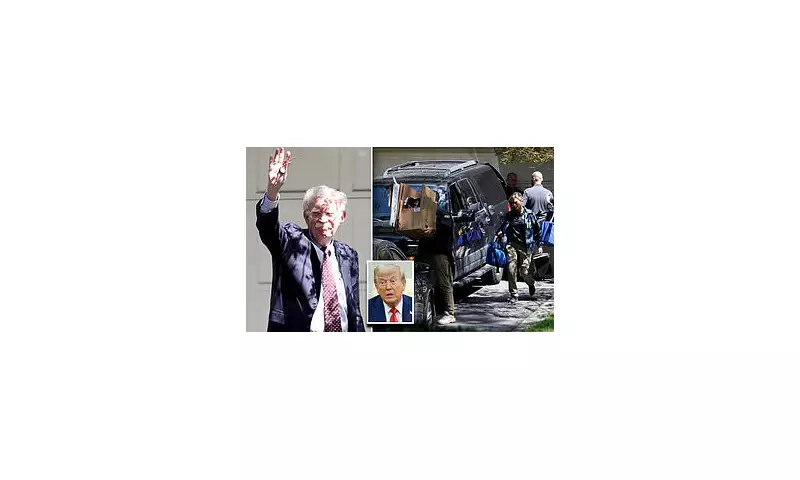
In a dramatic escalation of a long-running investigation, FBI agents conducted a surprise raid on the Maryland home of former National Security Advisor John Bolton this week. The operation is part of an ongoing probe into the potential mishandling of classified materials.
Federal investigators executed a search warrant at the property, focusing on Bolton's communications and documents related to his tenure in the Trump administration. The action is specifically tied to the publication of his controversial memoir, 'The Room Where It Happened', which drew ire from the White House for its revealing account of internal dealings.
A Deepening Investigation
The raid signifies a serious intensification of the investigation into whether Bolton improperly retained sensitive government documents or failed to complete a thorough pre-publication review process for his book. Authorities are examining if any classified information was compromised.
This move echoes similar investigations into other high-profile figures for the handling of government secrets, highlighting the Justice Department's continued focus on such matters. The search was conducted meticulously, with agents seeking specific items outlined in the warrant.
Bolton's Legal Team Responds
Charles Cooper, Bolton's attorney, confirmed the operation, stating his client had been fully cooperative with the investigation for over a year. Cooper emphasised that Bolton was provided with a copy of the warrant, which was issued by a federal court.
'Ambassador Bolton has always insisted that the pre-publication review process was completed and that the manuscript contained no classified information,' a statement from his representative read. The legal team is now reviewing the situation following the unexpected search.
Political Repercussions
The incident is sure to send shockwaves through political circles in both Westminster and Washington. John Bolton, a famously hawkish figure, served as National Security Advisor between 2018 and 2019 and remains a prominent commentator on foreign policy and defence issues.
This development raises further questions about the protocols for handling classified information and the legal boundaries faced by former officials wishing to publish accounts of their time in government.





